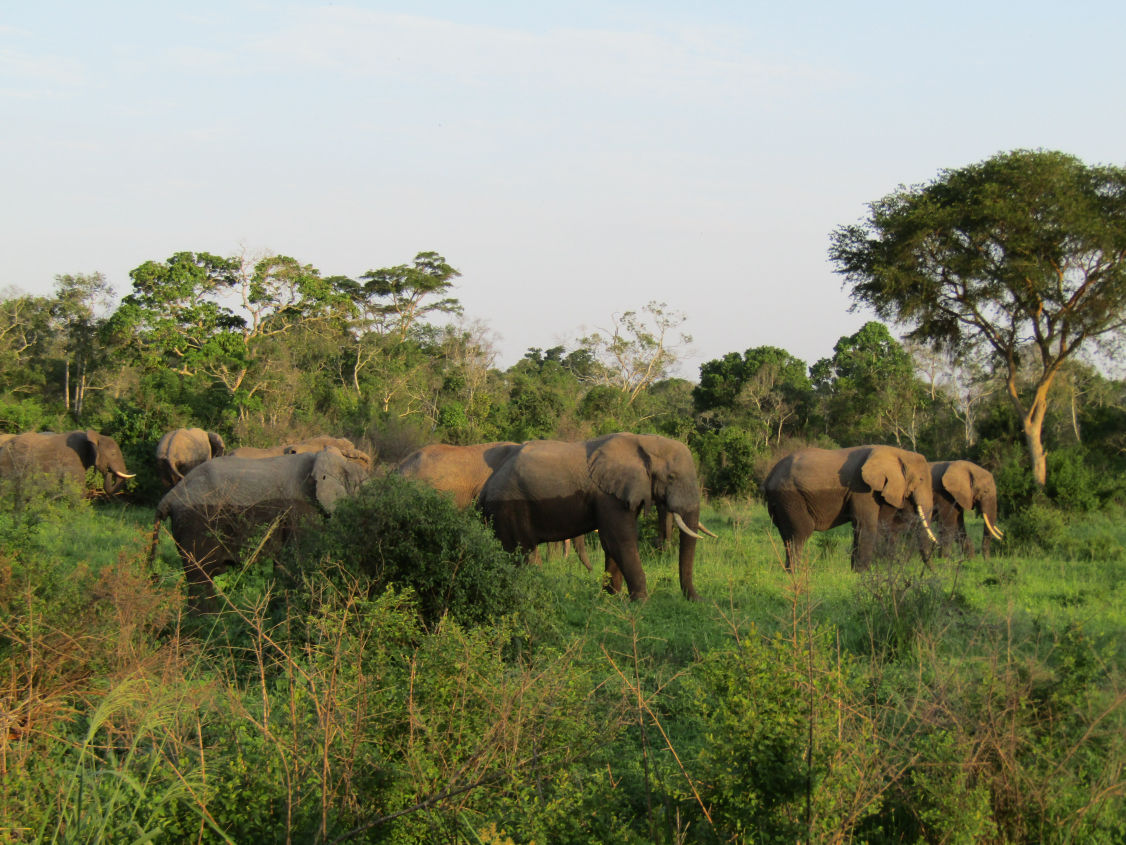Uganda suffered decades of conflict, which ravaged much of northern Uganda until the mid-2000s. Many Internally Displaced Persons (IDPs) living in government protected camps returned to their homes in northern Uganda following the end of the conflict, seeking to generate an income. Natural resource assets provide easy access to cash for these people, but the manner in which these resources are used is not sustainable. This poses a threat not only to the long-term livelihood options for people, but also to the survival of biodiversity. In addition to a range of livelihood interventions.
As conservationists a lot has to be done to address the issue of equity and long-term change that supports marginalized and vulnerable people to claim and secure their rights to access and have control over natural resources and decision-making in harmony with the environment.
Some effort has been made to achieve this but does not address the real root cause, thus changing only the attitudes but not the behavior of the communities. This is due to the fact that most of the people who rely on the natural resources are the poor and the uneducated who cannot afford to get tangible benefits from the schools, projects and shared revenues. Having been in the camps for so long and with little awareness of the reciprocal benefits of wildlife conservation, it’s automatic that the communities of Nwoya will exhibit behaviors that negatively impact on the protected areas that surround them. This coupled with other human wild life conflicts is a receipt for disaster. This disaster has been ongoing and UWA that is mandated to address this is caught in the dilemma of both conservation and protection of the human rights which needs an answer.
The former IDPs left government protection camps set up at the height of the Ugandan Lord's Resistance Army (LRA) rebel attacks in the north in 2006 to settle in the areas of Koch-Goma, Alero, Corner Nwoya, Anaka, Purongo, Agung, Olwiyo and other newly created villages in Nwoya. But the local government is ill-equipped to deal with the Human Wildlife Conflict problem.

